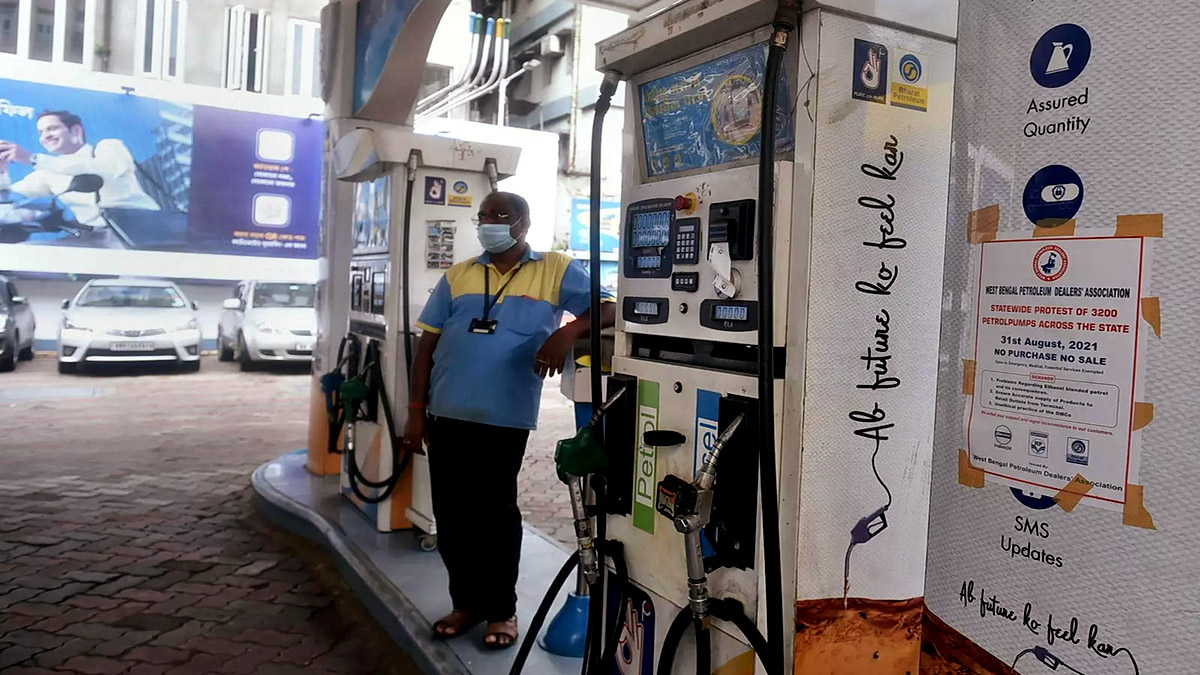India has made impressive strides in promoting the production and use of biofuels, contributing to sustainable energy solutions, and reducing its dependence on fossil fuels. The implementation of the National Policy on Biofuels- 2018, along with various other initiatives, has yielded encouraging results, as reported by the Directorate General of Commercial Intelligence and Statistics.
In the Financial Year 2022-23, approximately 35,20,064 kilograms of biodiesel and mixture were exported under the Indian Trade Classification – based on Harmonized System (ITC-HS) code 38260000. This export data reflects the growing capacity and potential of the biofuels industry in the country. The National Policy on Biofuels allows units located in Special Economic Zones (SEZ)/ Export Oriented Units (EoUs) to import feedstock for biofuel production without any restrictions, thereby encouraging further growth in this sector.
In line with the government’s vision to achieve 20% ethanol blending in India by 2025-26, the interest subvention scheme of the Department of Food and Public Distribution has played a crucial role. Recently, ₹119.90 crore was released to 36 projects in the state of Karnataka to facilitate the creation of an estimated ethanol capacity of about 144 crore liters per annum. This step is expected to significantly contribute to the country’s ambitious ethanol blending targets.
The success of the ‘Roadmap for Ethanol Blending in India 2020-25’ has been evident, with India having achieved the 10% ethanol blending target set for the Ethanol Supply Year 2021-22. The roadmap, which provides a strategic direction for ethanol blending, has paved the way for more sustainable fuel alternatives.
Recognizing the importance of quality control, the Ministry of Petroleum and Natural Gas has issued guidelines for the sale of biodiesel for blending with high-speed diesel for transportation purposes. As per these guidelines, State/UT Government authorities have been empowered to conduct regular inspections of retail outlets selling biodiesel, ensuring adherence to quality and quantity standards. This move ensures that consumers receive biofuels of the highest quality.
However, the government remains vigilant against the sale of unauthorized products in the name of biodiesel. In response to this concern, the Ministry of Petroleum & Natural Gas has written to all Chief Secretaries and Administrators of States and Union Territories, urging them to take necessary actions to curb such malpractices. Public Sector Oil Marketing Companies have also been directed to sell blended biofuels according to provided Bureau of Indian Standards (BIS) specifications, assuring consumers of the authenticity and quality of the biofuels they purchase.






